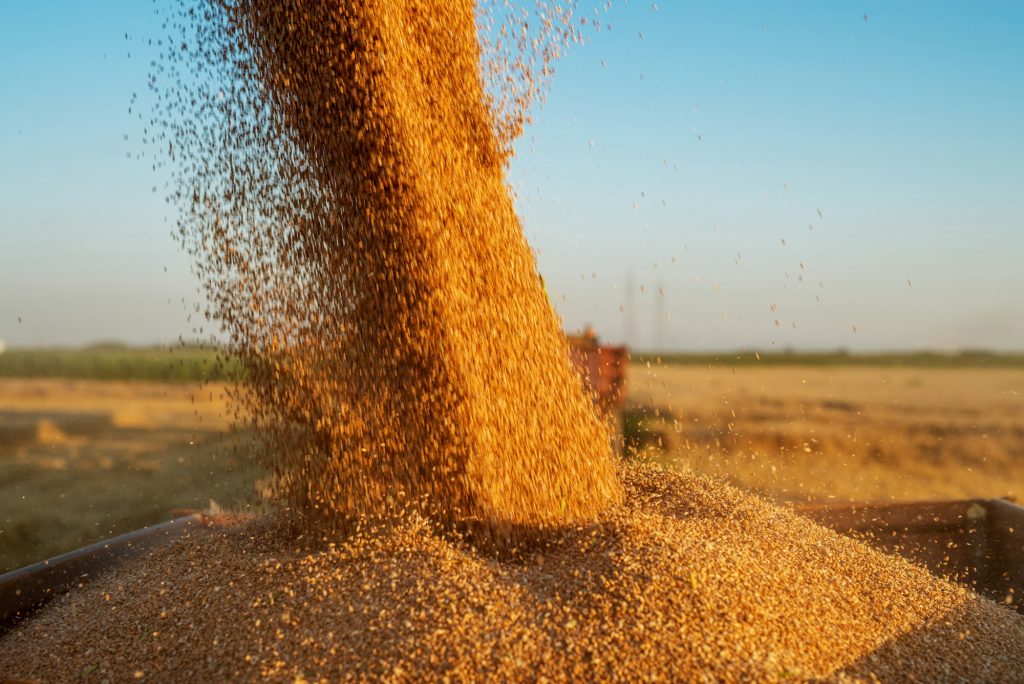Ever wondered how commodity traders managed their positions before digital transformation? Picture a trading floor filled with phones ringing, paper trails mounting, and traders rushing to update their end-of-day reports. Now, fast forward to today’s trading environment – it’s a completely different world.
The changing nature of commodity trading
Let’s be honest – commodity trading has always been complex. But here’s what’s interesting: the challenges traders face today are fundamentally different from those of just a decade ago. Think about it: when was the last time you made a trading decision without checking real-time market data? When did you last rely solely on end-of-day reports to manage your risk?
Take, for instance, a sugar trader managing multiple shipments from Brazil to Asia. In the past, they would have juggled multiple systems and spreadsheets to track vessel positions, monitor price fluctuations, and manage hedging strategies. Today’s reality? All this information is available at their fingertips, in real-time, through modern CTRM systems.
The digital shift
Here’s where things get interesting. The transformation from traditional to digital trading hasn’t just been about replacing paper with screens. It’s revolutionized how we:
- Process market information
- Assess and manage risk
- Make split-second decisions
- Track global shipments
- Ensure regulatory compliance
Why modern CTRM matters more than ever
You might be wondering: why all this focus on CTRM evolution? Well, consider this scenario: A coffee trader spots an opportunity in the market. In the past, they would need to check multiple systems, make several calls, and manually calculate their risk exposure before making a move. By then, the opportunity might be gone. Sound familiar?
Real-time risk assessment
This brings us to a crucial point about modern risk management. Imagine you’re managing a portfolio of metal trades across different currencies. Markets are volatile, and exchange rates are fluctuating. How quickly can you assess your total exposure? With modern CTRM systems, you don’t have to imagine – you know exactly where you stand at any moment.
Here’s what this means in practice:
- Instant position updates as markets move
- Automated alerts when exposure limits are approached
- Quick scenario analysis for potential trades
- Real-time P&L calculations
The power of data-driven decisions
Let’s talk about something we all face: information overload. The amount of data available to traders today is staggering. But here’s the key question: how do you turn all that data into actionable insights?
Think about a grain trader watching weather patterns in major producing regions, tracking vessel movements, and monitoring exchange rates – all while trying to make sense of market trends. Modern CTRM systems don’t just collect this data; they help you make sense of it.

Cloud technology: game changer or just a buzzword?
You’ve probably heard plenty about ‘the cloud’ – but what does it really mean for your trading operations? Here’s a practical example: A trader notices a market movement while at dinner. In the past, they might have had to rush back to the office. Now? They can check positions, run scenarios, and execute trades right from their phone.
Real mobility, real impact
Ask yourself: How often do you need to make decisions outside office hours? How many opportunities have you missed because you couldn’t access your systems? This is where cloud-based CTRM solutions shine:
- Trade from anywhere, anytime
- Access the same tools on any device
- Collaborate with team members in real-time
- Stay connected to market movements 24/7
What's next for CTRM?
Here’s something to think about: How will AI and machine learning transform trading in the next few years? We’re already seeing some fascinating developments:
- Pattern recognition in market movements
- Automated risk alerts based on market conditions
- Predictive analytics for price movements
- Smart contract automation
Making the right choices
So, what should you consider when evaluating CTRM solutions? Start by asking these questions:
- How quickly can you adapt to market changes?
- Can your current systems scale with your growth?
- Are you getting real-time insights from your data?
- How mobile is your trading operation?
The bottom line
Here’s the reality: the commodity trading landscape will continue to evolve. The question isn’t whether to embrace modern CTRM solutions, but how to do it in a way that best serves your trading strategy. The future belongs to those who can adapt quickly, make informed decisions, and manage risk effectively.
Think about your own trading operation. Are you ready for what’s next? Whether you’re handling agricultural commodities, metals, or energy products, the right CTRM solution can make all the difference between staying ahead or falling behind.
Want to explore how modern CTRM solutions can transform your trading operations? Let’s have a conversation about your specific needs and challenges.

